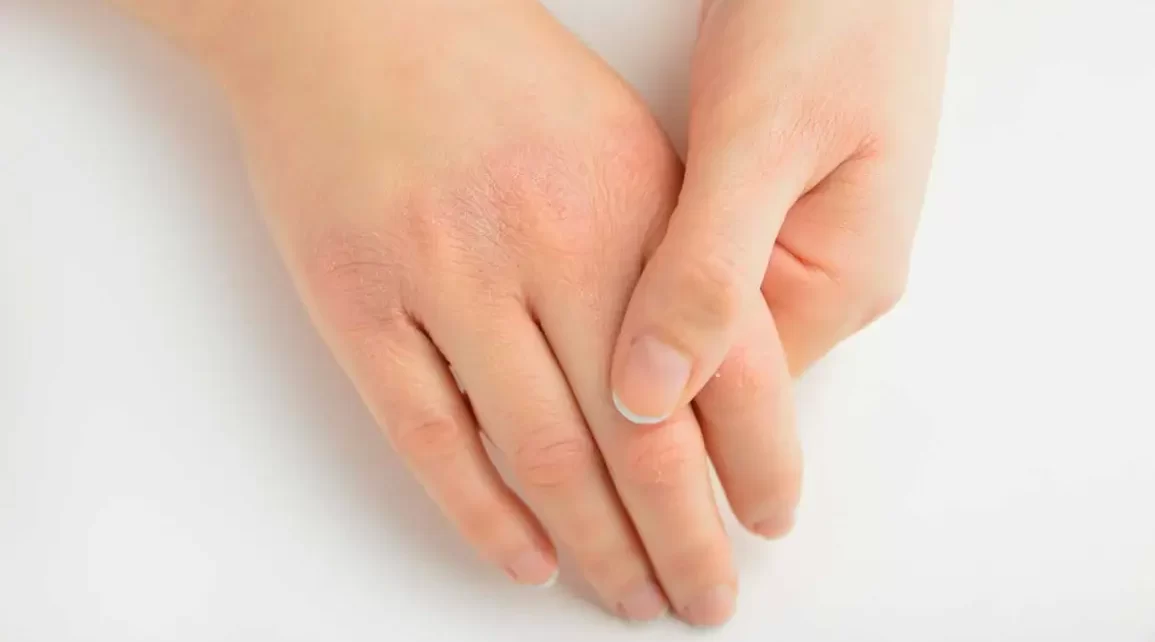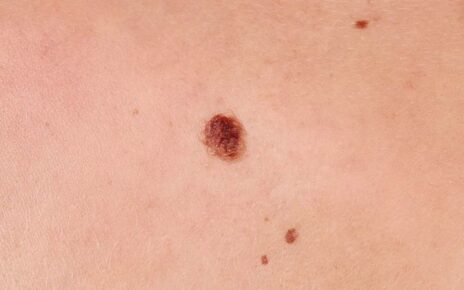We all know that our minds and bodies need vitamins and minerals to stay healthy. But how will you know if you aren’t meeting your needs and when you’ll need a better diet and supplements from brands like Thorne Research in Supplement First?
There are actually numerous telltale signs of deficiencies. Fortunately, there are ways you can address vitamin deficiencies for symptoms to improve or disappear completely.
Here are the most common signs you may have a vitamin deficiency and are in need of vitamins and minerals like Supplement First.
- Severe Hair Loss
We all lose about 100 strands of hair daily. But if you start finding clumps of hair in the shower drain or your pillow, you’ll want to check this with your doctor as this can be a sign of bigger issues like iron deficiency. This type of deficiency affects your energy. This may also be a sign of thyroid disease, which may cause sudden unexplained weight loss or gain.
An iron deficiency can also cause other symptoms, like always feeling cold, experiencing headaches, dizziness, and the like. For those who may have a thyroid disorder, it can cause weak muscles, aching joints, and dry or pale skin.
- Burning Sensation in the Tongue or Feet
If you experience a burning sensation in the tongue or feet, you may want to take a blood test to check your vitamin B12 levels.
A vitamin B12 deficiency can cause this burning sensation, along with issues with balance, dry skin, and constipation. Moreover, this deficiency may cause mild cognitive impairment, such as issues with your memory, behavior, and thinking. If left untreated, a B12 deficiency may damage your nervous system permanently.
Vitamin B12 is a crucial role in your health as it produces hemoglobin. Hemoglobin is part of your red blood cells helping your cells receive oxygen. You can take B12 supplements to bring back and maintain appropriate levels of it.
- Wounds Heal Slowly
If you notice your gums are bleeding, red, and swollen, you might be deficient in vitamin C. Besides wounds healing slowly, another symptom is bruising easily.
Think of vitamin C as cement, which pulls the cells together and makes wounds heal. It contains many powers, acting as an anti-inflammatory and antioxidant to limit cell damage.
Vitamin C can be found in oranges, red bell peppers, kiwi, and other fruits and vegetables.
- Poor Night Vision
If you don’t take in enough vitamin A, the sharpness of your sight and night vision may deteriorate in the long term. A vitamin A deficiency can cause your cornea to dry up, making your eyes cloudy. This can then lead to vision loss and damage to the retina.
So, if you notice any significant vision changes, have yourself checked with the ophthalmologist. You can get vitamin A from milk, eggs, mangoes, sweet potatoes, apricots, and black-eyed peas.
Wrapping It Up
If you feel any of these symptoms, be sure to check with your doctor for vitamin deficiencies to correct them promptly.





